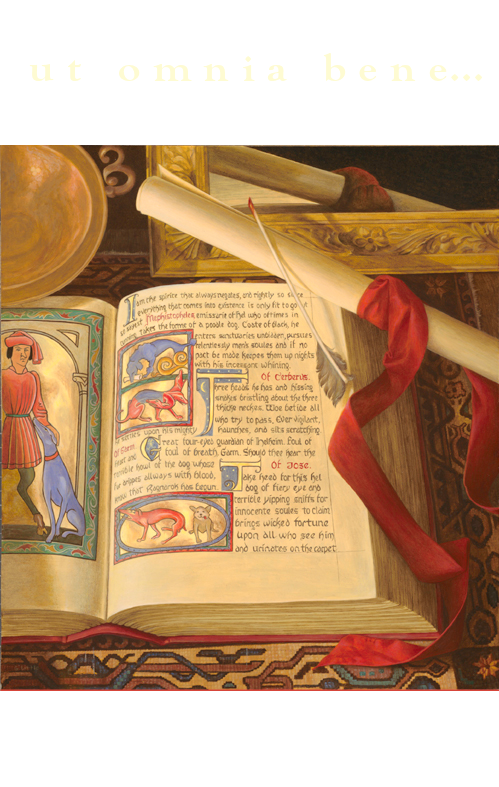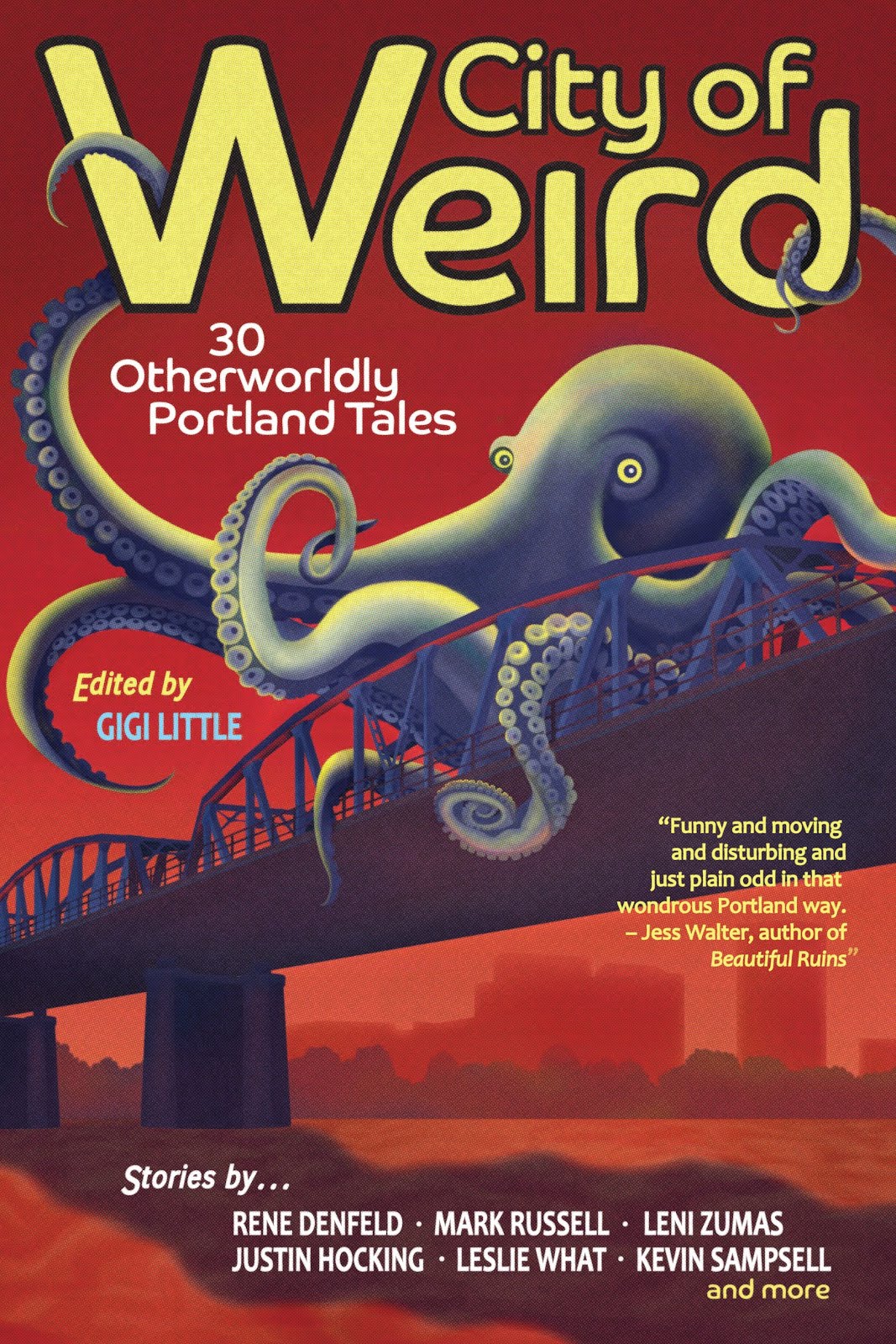Heading out into the lobby of the Keller Auditorium at first intermission of Swan Lake last night, Stephen said, "The corps de ballet is very... together, very..."
Looking for the right word and I anticipated it and jumped in with that tiny pride you have every time you one-up your partner in linguistic prowess.
"Tight?" I said.
"Yes, tight. That's the thing you often hear in reviews, that the principal dancers are good but the corps de ballet was sloppy. I was very impressed."
"So, corps de ballet...?"
"That means the members of the company who dance together in a group, as opposed to the soloists."
"Can I use that term in my blog post? I'm going to use that term in my blog post!"
So, there's my full disclosure: Linguistic excellence? Balletic knowledge? Not so much. But I love ballet, the skill, the beauty, the strange magic of learning a story almost completely through movement, and I particularly enjoyed Oregon Ballet Theatre's production of Swan Lake. The word I kept using to describe things last night as we were leaving the theater, a word that sprang easily to my tongue, was delightful.
I'll only say that about the changes, because I hate spoilers, but what I can say is that I felt all the aspects of OBT's Swan Lake, the old choreography and the new, the classic story elements and the new, were assembled beautifully so that the whole production felt seamless and integrated.
And the orchestra under the direction of Niel DePonte was - I'll use my initial not-very-ballet-chic word again - tight. Beautiful. And the dancing, led last night by Xuan Cheng and Peter Franc, was quite good, with particularly lovely use of the corps de ballet. The white swans swirled and churned like a murmuration across the stage. At times, to me, they seemed to symbolize more than enchanted swans, becoming, here, a hint of storm, there a spread of fog as a night moved toward morning.
One of the most surprising things to me was the humor. The scene of the ball in Act 2 is rife with it, fashioned beautifully through the use of both choreography and storyline. I didn't know I could laugh so much in a ballet. And there was one particular moment I never thought I'd see in a ballet - and of course, that spoiler thing, again: I can't say what that moment was. I wish I could. All I can say is that between that moment and the burst of laughter that followed was a half second of silence in which I think the only sound in the auditorium was the surprised "Oh!" that jumped out of my mouth.
Here are three final words in my parade of words about OBT's world premier production of Swan Lake: go see it. It's a gorgeous and delightful evening and you don't need to know any fancy ballet terms in order to come out of the theater feeling smart and full of a little more joy.
More info and tickets here.
Photos of Xuan Cheng and Peter Franc and the company members of Oregon Ballet Theatre courtesy of Randall Milstein.










